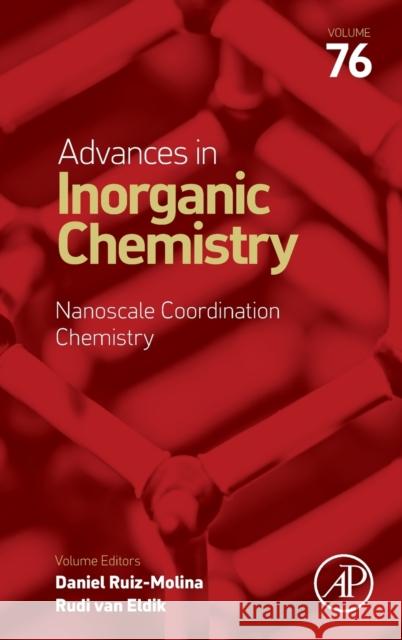Nanoscale Coordination Chemistry: Volume 76 » książka
topmenu
Nanoscale Coordination Chemistry: Volume 76
ISBN-13: 9780128202524 / Angielski / Twarda / 2020 / 314 str.
Kategorie:
Kategorie BISAC:
Wydawca:
Academic Press
Seria wydawnicza:
Język:
Angielski
ISBN-13:
9780128202524
Rok wydania:
2020
Numer serii:
001080534
Ilość stron:
314
Waga:
0.59 kg
Wymiary:
22.86 x 15.24 x 1.91
Oprawa:
Twarda
Wolumenów:
01











